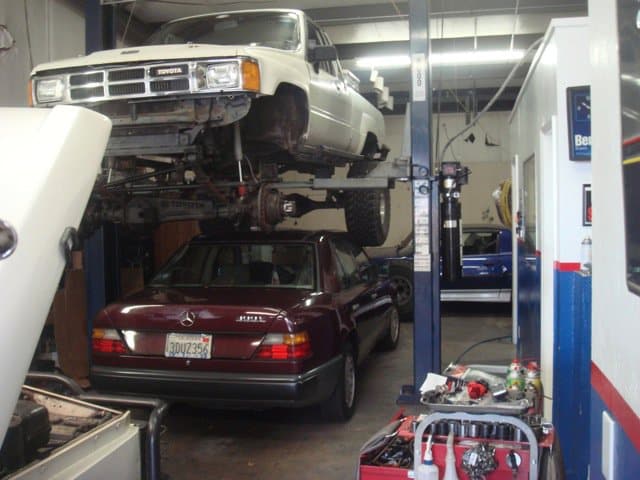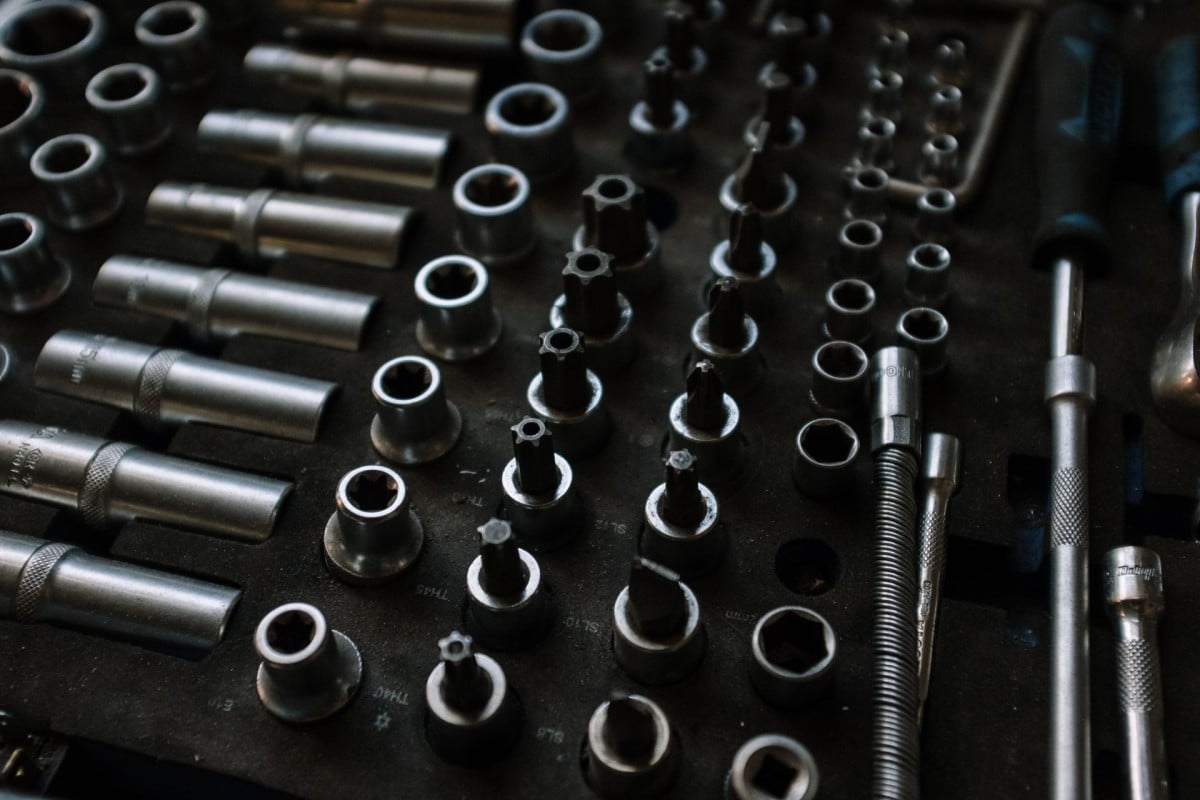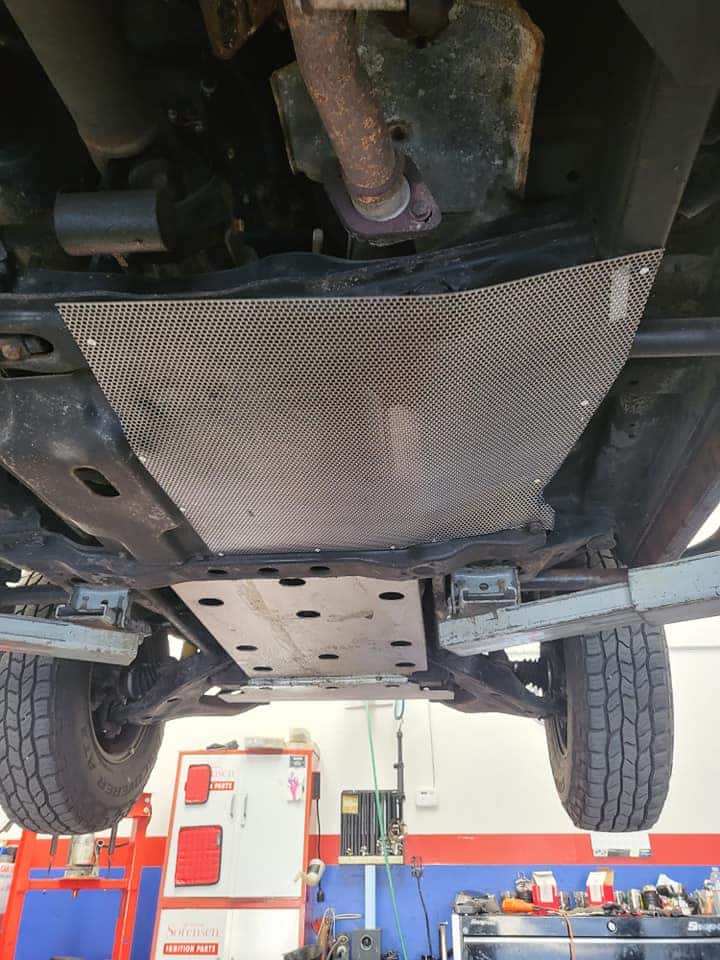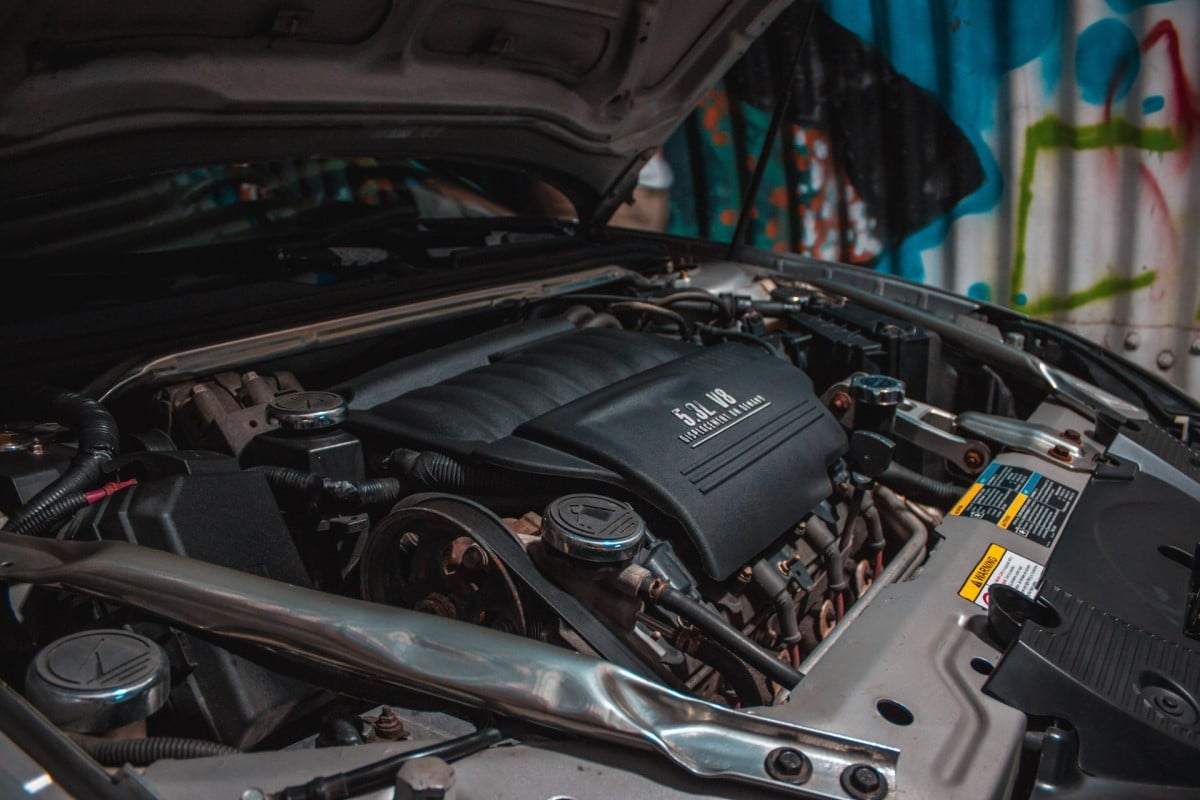Ever considered how often you should change the oil in your car to get the maximum fuel efficiency? It's a crucial aspect that many car owners tend to overlook. However, proper and timely oil changes can significantly improve a vehicle's performance and contribute to fuel efficiency. Here's what you need to know.
The Role of Oil in an Engine
Let's start by understanding the role that oil plays in your car engine. The main job of the engine oil is to lubricate the engine's parts to reduce friction, which in turn decreases the amount of heat produced. With less friction, the engine works less hard, requiring less fuel.
Why Regular Oil Changes Matter
Over time, oil breaks down due to heat and collects dirt and debris from the engine, which makes it less effective at lubricating. This leads to increased friction, more work for the engine, and reduced fuel efficiency. Without regular oil changes, your engine may even suffer long-term damage.
Recommended Oil Change Intervals
As for when you should have your oil changed, it largely depends on your vehicle and driving habits. On average, most manufacturers recommend oil changes every 7,500 to 10,000 miles for newer vehicles. However, older vehicles with high mileage may require more frequent oil changes, perhaps every 3,000 to 5,000 miles. To be sure, you should always check your vehicle's manual for the manufacturer's recommendation.
Signs You Need an Oil Change
Besides adhering to the recommended intervals, there are signs that your vehicle might need an oil change sooner. These include a loud engine noise, dirty or dark oil, oil smell inside the car, exhaust smoke, or the oil change light illuminating on your dashboard. If you observe any of these signs, it's probably time to schedule an oil change.
Choosing the Right Oil
Different cars require different types of oil. Factors such as the car's age, model, and manufacturer's recommendation should guide your choice. For example, synthetic oils, although more expensive, are known to withstand high temperatures and resist breaking down, making them an excellent choice for high-performance or high-mileage vehicles.
Regular oil changes are not just about maintaining your engine; they also help you save at the pump. By reducing engine friction, they assist in maximizing your fuel efficiency, which means fewer trips to the gas station and more money in your pocket.
So, next time you think of skipping that scheduled oil change, remember the benefits it can provide to your vehicle's performance and your wallet.
Now that you're equipped with this knowledge, it's time to ensure your vehicle gets the best care. At Sartorial Auto Repairs, we offer top-notch oil changes to keep your car running smoothly and efficiently. Give us a call today to schedule your next appointment and start experiencing the difference that regular, proper oil changes can make.












